
Individuals, teams honored at MHSRS for exemplary research
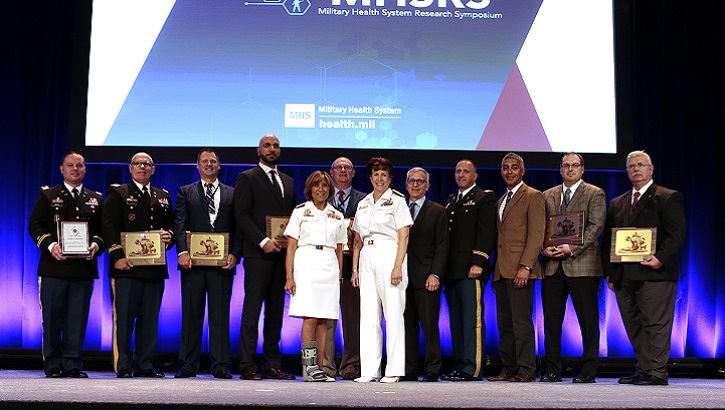
Navy Vice Adm. Raquel C. Bono and Navy Rear Adm. Mary C. Riggs join individual and team award winners honored at the 2019 Military Health System Research Symposium on Monday, August 19th in Kissimmee, Florida. (MHS photo)
KISSIMMEE, Fla. — The Military Health System recognized medical researchers’ accomplishments on Monday, August 19th, opening day of the Military Health System Research Symposium at the Gaylord Palms Resort and Convention Center. Four individuals and three teams received honors.
Dr. Amy Adler, clinical research psychologist at the Center for Military Psychiatry and Neuroscience Research at the Walter Reed Army Institute of Research in Silver Spring, Maryland received the 2019 MHSRS Distinguished Service Award for lifetime achievement in the research category of behavioral health and resilience research. Army Col. Jeffrey Thomas accepted the award on her behalf.
Thomas nominated Dr. Adler, saying, “Dr. Adler's peerless leadership and productivity in military behavioral health and resilience have led to numerous evidence-based solutions that have improved the health, resilience, and performance of service members. Dr. Adler's remarkable service, professionalism, and dedication reflect great credit on her, the Walter Reed Army Institute of Research, and the Military Health System.”
Navy Cdr. Ian Valerio, attending plastic surgeon and director of burn, wound and trauma at The Ohio State University Wexner Medical Center received the award for outstanding individual research accomplishment/academia-industry (research category: precision medicine for acute & trauma and critical care).
Valerio, who now serves in the Navy reserves, researched and pioneered the use of a surgical technique whereby cut sensory nerves are buried in the remaining, nearby muscles during limb amputations, significantly preventing neuroma formation and phantom limb pain.
In his nomination letter, Dr. David Dean, associate professor in the department of plastic surgery, said of his colleague, “Dr. Valerio is a tireless example of patient advocacy to his trainees, whom he involves in his care of both civilian and military patients. He is one of the busiest physicians at The Ohio State University Wexner Medical Center, yet he finds time to mentor trainees on the importance of basic, early state, translational and outcome assessment research.”
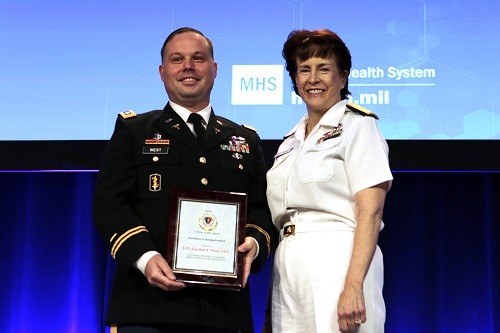
Army Lt. Col. Gordon West, a nurse scientist at Tripler Army Medical Center in Hawaii received the inaugural Captain Anita C. Bacher Award for Excellence in Military Nursing Research. Navy Rear Adm. Mary C. Riggs, deputy assistant director, research and development at the Defense Health Agency, presented the award on Monday, August 19th at the 2019 Military Health System Research Symposium in Kissimmee, Florida. (MHS photo)
Dr. Paul Sherman, director of neurological and neuroradiology research at the U.S. Air Force School of Aerospace Medicine at Wright-Patterson Air Force Base in Dayton, Ohio received the award for outstanding individual research accomplishment/military (research category: managing physiologic events in military aviation).
Dr. Sherman leads a multi-million dollar research program investigating neurological injury to U2 pilots and other personnel exposed to high-altitudes, which has led to operation and equipment improvements and reduction of medical risk for warfighters. According to nominator Air Force Lt. Col. Nathan Maertens, Dr. Sherman “is a prolific communicator and published author. He has also expanded his research efforts with international collaborators and serves as faculty neuroradiologist for the 59th medical wing.”
The final individual award was the inaugural Captain Anita C. Bacher Award for Excellence in Military Nursing Research. Navy Capt. Anita C. Bacher was a leader and mentor in the Nurse Corps for more than 20 years. As a tribute to her accomplishments in research and her unswerving dedication as a Naval Officer, this award honors her career and accomplishments by identifying a military nurse corps officer who has contributed greatly to nursing research in the fields of operational medicine, trauma or cardiovascular science.
The award’s first recipient was Army Lt. Col. Gordon West, a nurse scientist at Tripler Army Medical Center in Honolulu, Hawaii. He was nominated for research to determine whether the military uniform may be a risk factor in hospital-acquired infections. West’s research “directly improves the medical readiness of soldiers as well as the health and wellness of their families” according to his nomination, and he was commended for his efforts in writing about and presenting on his findings for numerous audiences.
The recipients of the MHSRS 2019 Team Awards are as follows:
Outstanding Research Team/Small Team/Military: Hazard Recognition Team, Luke Air Force Base, Glendale, Arizona (research category: occupational & environmental exposure: basic & applied research).
Darrin K. Ott, Ph.D. from the U.S. Air Force School of Aerospace Medicine at Wright-Patterson Air Force Base in Dayton, Ohio accepted the award on the team’s behalf. The team’s goal of protecting flight line personnel from jet engine exhaust averted $18 million runway upgrade delays and maximized parking configurations for 200 F-16 and F-35 aircraft.
Outstanding Research Team/Large Team/Military: Zika Purified Inactivated Virus (ZPIV) Team, Walter Reed Army Institute of Research, Silver Spring, Maryland (research category: innovative countermeasures & diagnostics to emerging infectious diseases).
Team lead Dr. Kayvon Modjarrad from the Walter Reed Army Institute of Research accepted the award. The team collaborated with government, industry and academic partners to move from an initial concept of a Zika vaccine to clinical trials within an unprecedented 180 days.
Outstanding Research Team/Team/Academia-Industry: The San Antonio Whole Blood Consortium, San Antonio, Texas (research category: acute lifesaving trauma interventions).
Dr. Donald Jenkins, department of surgery at the University of Texas Health Science Center accepted the award on the team’s behalf. The multi-year partnership established a multi-disciplinary, regional whole blood resuscitation program that has successfully brought blood transfusion to the site of injury, extending time available for patient treatment. The program has become a model for modern whole blood resuscitation.
Research for Readiness: Military Health System kicks off annual symposium
Article
8/20/2019
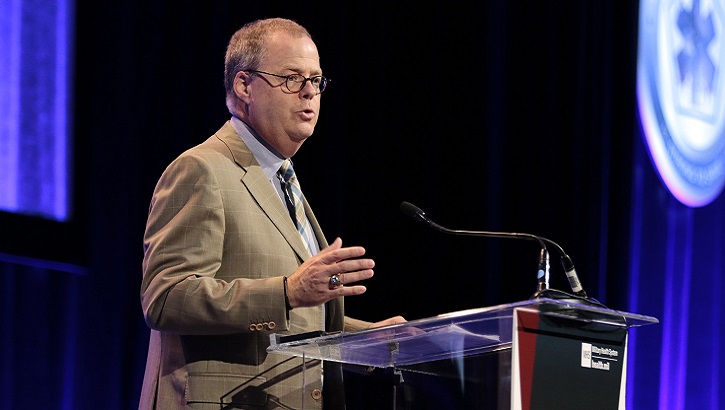
Research, development ensures service members are better prepared, better protected, better cared for
DHA-PI 3200.01: Research and Development (R&D) Enterprise Activity (EA)
Policy
This Defense Health Agency-Procedural Instruction (DHA-PI), based on the authority of References (a) and (b), and in accordance with the guidance of References (c) through (p): a. Establishes the Defense Health Agency’s (DHA) procedures for the Deputy Assistant Director (DAD), R&D to manage and execute, on behalf of the Assistant Secretary of Defense for Health Affairs (ASD(HA)), the portion of the Defense Health Program (DHP) Research, Development, Test, and Evaluation (RDT&E) appropriation assigned to it (referred to as the “DHP Science and Technology (S&T) Program)”. The DHP S&T Program includes Budget Activities (BAs) 6.1-6.3 and 6.6. The ASD(HA) provides policy, direction, and guidance to inform planning, programming, budgeting, and execution of the DHP RDT&E appropriation in accordance with statute, regulation, and policy in Reference (a). The DAD-R&D, and Component Acquisition Executive (CAE) manage and execute DHP RDT&E Program funds aligned to them on behalf of the ASD(HA). The CAE is responsible for managing BAs 6.4, 6.5, and 6.7 funding, as well as Procurement and Operations and Maintenance funding required to support DHP-funded Acquisition Programs, regardless of acquisition activity. b. Supports the Director, DHA, in developing appropriate DHA management models to maximize efficiencies in the management and execution of DHP RDT&E-funded activities carried out by the Combatant Commands (CCMDs), Services, Uniformed Services University of the Health Sciences (USU), Defense Agencies, and other DoD Components, as applicable. c. Codifies processes to confirm DHP RDT&E funds are applied towards medical priorities and aligned to ASD(HA) policy, direction, and guidance to develop and deliver innovative medical products and solutions that increase the readiness of the DoD medical mission in accordance with Reference (a). d. Supports the following objectives of the R&D EA: (1) Increasing the quantity, quality, and pace of medical research through improved programmatic organization, processes, and oversight. (2) Ensuring DHP RDT&E funded efforts align to ASD(HA) published program guidance that provides resourcing guidance and translates national, departmental, and Service priorities into specific program objectives. (3) Verifying alignment of DHP RDT&E funds to medical priorities and to ASD(HA) policy, direction, and guidance to ensure the development and delivery of medical materiel and knowledge solutions. (4) Facilitating coordination with the CCMDs, Services, USU, Defense Agencies, and other DoD Components, as applicable, to ensure DHP RDT&E funded activities address joint medical capability gaps, and avoid unnecessary duplication.
- Identification #: DHA-PI 3200.01
- Date: 8/9/2019
- Type: DHA Procedural Instruction
- Topics: Research and Innovation
New DHA health services research funding opportunity available
Article
7/1/2019

This new funding opportunity is available to both intramural and extramural research organizations
Surgeons perform first bioengineered blood vessel transplant in military patient
Article
5/28/2019
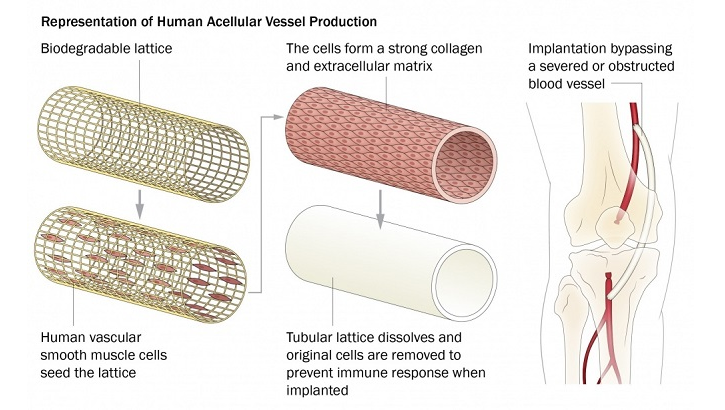
Injury to major blood vessels of the body is the most common cause of death and disability in combat
Call for abstracts open for 2019 Military Health System Research Symposium
Article
2/11/2019
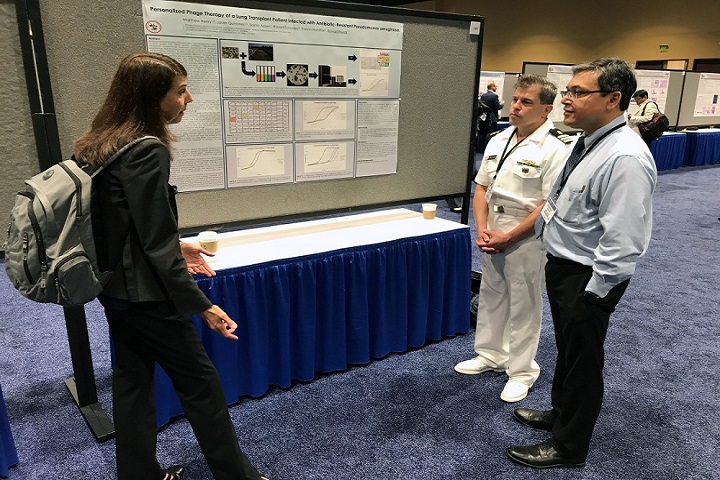
MHSRS is the DoD’s premier scientific meeting and addresses the unique medical needs of the Warfighter
Oak Harbor achieves first with crucial new information technology milestone
Article
12/21/2018
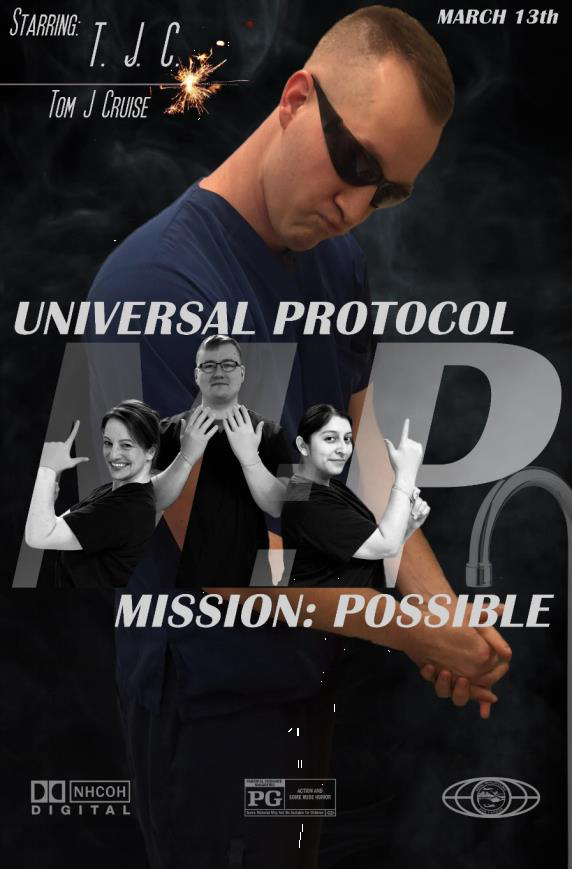
Reducing risks to patients’ information is a top priority for the DoD
MHSRS 2018 Dr. Yvonne Maddox
Video
8/23/2018

MHSRS attendees were asked about their impressions and thoughts on the symposium.
MHSRS 2018 Tim Clarke
Video
8/23/2018

MHSRS attendees were asked about their impressions and thoughts on the symposium.
MHSRS Young Investigator competition awards announced
Article
8/23/2018
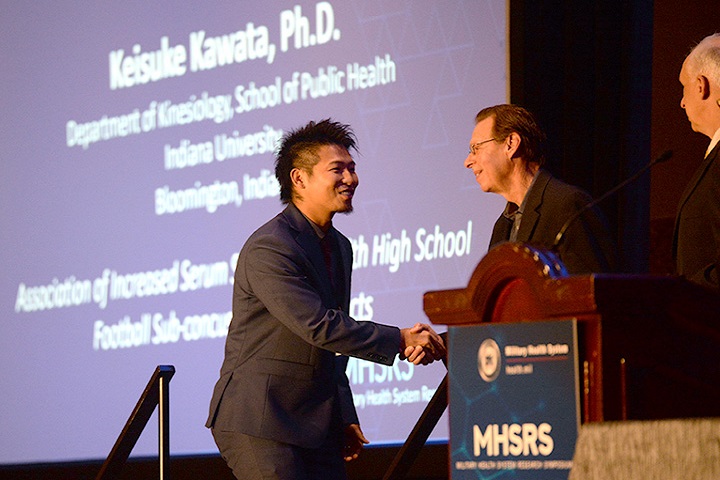
Three take top honors in highly competitive field
Beyond the Golden Hour to the Platinum Ten Minutes
Article
8/23/2018
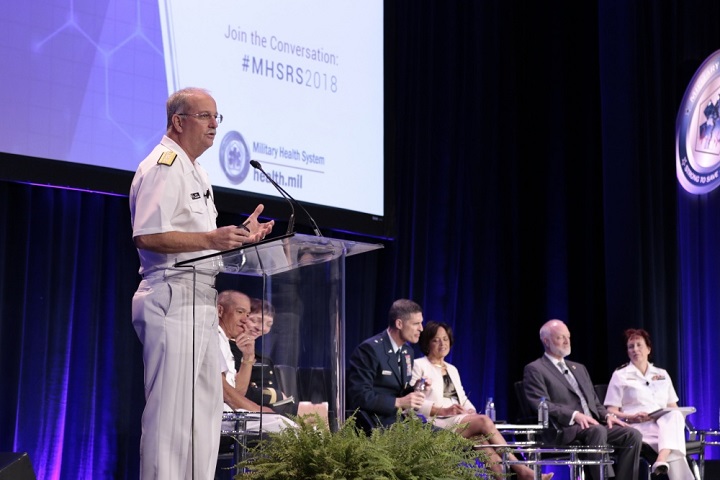
The next fight is going to be very different from past conflicts
MHSRS 2018 Kyle Brandenberger
Video
8/22/2018

MHSRS attendees were asked about their impressions and thoughts on the symposium.
MHSRS 2018 MAJ Steven Adamson
Video
8/22/2018

MHSRS attendees were asked about their impressions and thoughts on the symposium.
MHSRS session focuses on war-sparked innovation
Article
8/22/2018
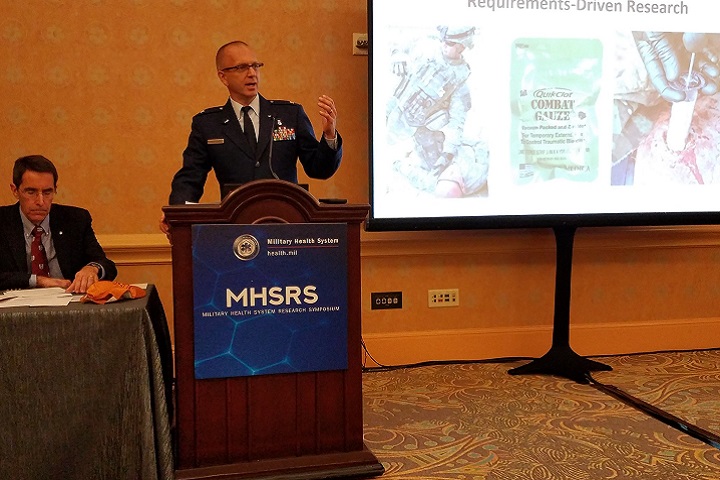
Pace called an extraordinary story of U.S. medicine
MHSRS 2018 Dr. Rauch
Video
8/21/2018

MHSRS attendees were asked about their impressions and thoughts on the symposium.
MHSRS 2018 CPL Michelle Ott
Video
8/21/2018

MHSRS attendees were asked about their impressions and thoughts on the symposium.





















.png)









No hay comentarios:
Publicar un comentario